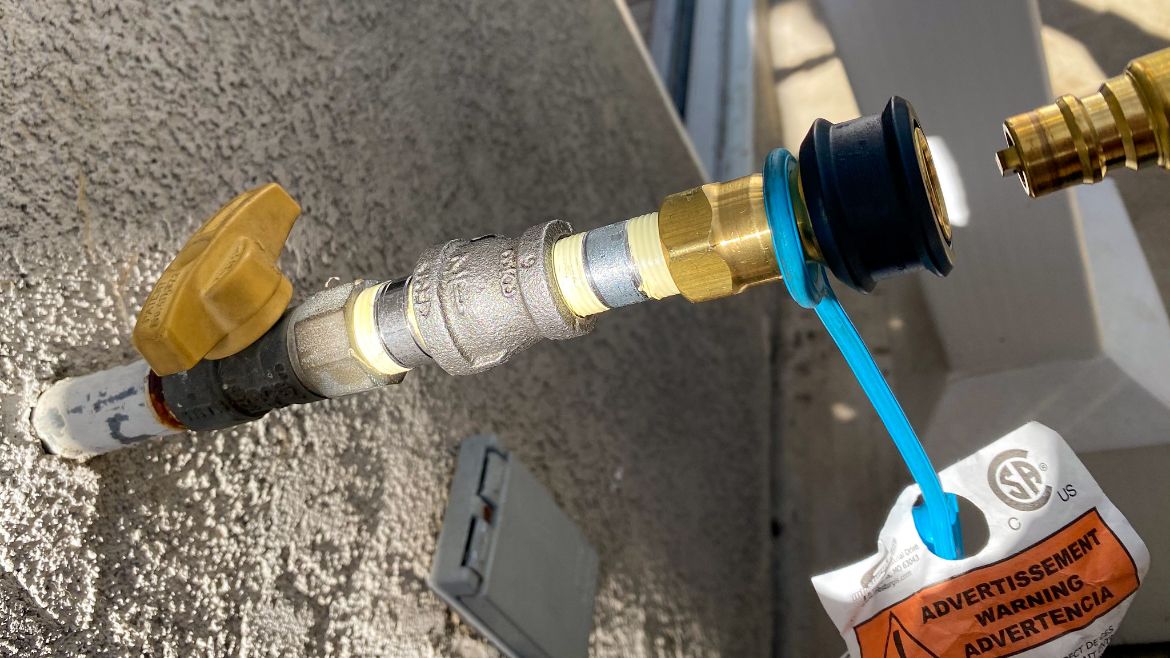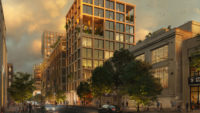New York City officials passed a bill that would ban natural gas use in most new buildings under seven stories, as soon as 2024.
The City Council passed the bill by a 40-7 vote on Dec. 15 that directs the Buildings Dept. to deny construction permits for a building that would require burning gas, and to assess civil penalties—of between $400 and $4,000 or more for failure to comply—against building owners that violate the standard.
Buildings with fewer than seven stories would need documents submitted by Dec. 31, 2023. There are some exceptions for affordable housing. The legislation includes exceptions for buildings that are seven stories or taller and have construction documents submitted by July 1, 2027
The use of gas for manufacturing, laboratories, laundromats, hospitals, crematoriums and commercial kitchens would also be exempt.
Outgoing Mayor Bill de Blasio has previously spoken in support of a citywide natural gas ban and is likely to sign the bill.
The bill also requires the Mayor’s Office of Long-Term Planning and Sustainability to conduct studies of electricity-powered heat pump technology and the bill’s impact on the city’s electrical grid.
New York is not the first city to ban natural gas, but it is the largest. Dozens of cities have taken similar steps since Berkeley, California, banned natural gas hookups in new buildings in 2019. State governments are also taking steps on the issue. California officials approved building code updates this year aimed at phasing out natural gas heating.
New York state legislators are considering the All-Electric Building Act, which would prohibit permits for new buildings with natural gas after 2023, and conversions of existing buildings after 2022. Natural gas is the most-consumed form of energy in the state, heating 60.7% of homes with natural gas-fired power plants accounting for more than two-thirds of the state’s generating capacity, according to the Energy Information Administration.
More than 20 other states have moved to protect the use of natural gas, however, introducing or passing bills prohibiting local governments from passing bans.
Councilwoman Alicka Ampry-Samuel, who sponsored the bill, pointed to greenhouse gas emissions from buildings and air pollution being more likely to impact Black people as the reasons for the ban. Homes and commercial businesses accounted for 13% of U.S. GHG emissions as of 2019, and 80% of carbon dioxide emissions from those buildings were from natural gas consumption, according to the U.S. Environmental Protection Agency.
“It is time we take an aggressive approach to save our communities and our people,” Ampry-Samuel said in a statement.
Utility company National Grid, which supplies natural gas to city boroughs of Brooklyn, Queens and Staten Island, said in a statement that it would continue serving 1.9 million customers not affected by the legislation, and that it shares the city’s decarbonization goal. In testimony before a City Council committee last month, National Grid vice president of corporate affairs, Bryan Grimaldi, said the company was working to achieve net-zero emissions, but that it needed “all options and technologies” to achieve it.






Post a comment to this article
Report Abusive Comment